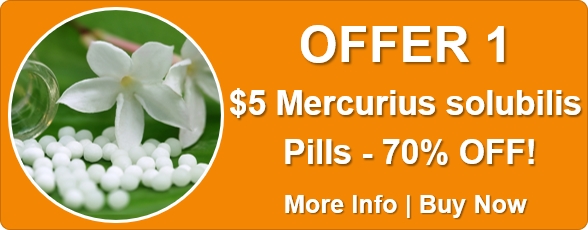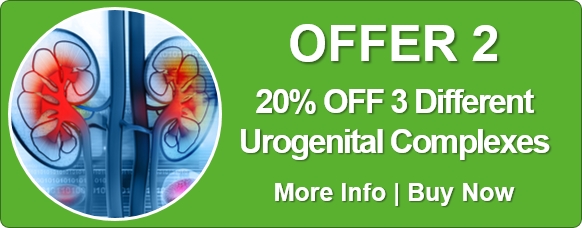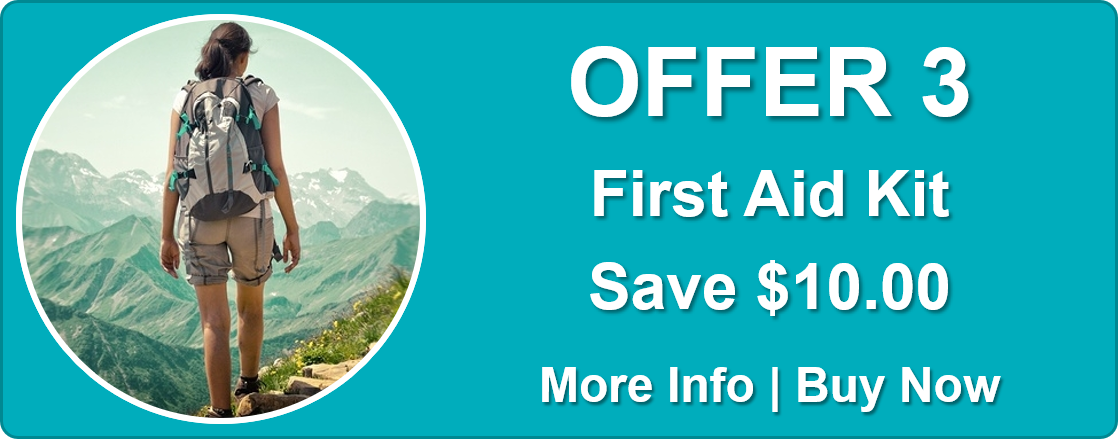Homeopathy for Autism Spectrum Disorders (ASDs)
 A message from Fran Sheffield
A message from Fran Sheffield
Families dealing with autism make up most of my practice. For more than a decade, I’ve been using homeopathy to successfully treat their children (and increasingly adults) with this disorder.
For years people have been asking me to write a book on it – about what I do, how I do it, and what families themselves can do to reduce the impact of this growing problem.
Finally, I’m going to do just that – but with one big difference.
I’m going to write it online so that you and others can follow along too, free of charge, and get all of the information as it progresses. It will be in its raw first draft and within the week will be on its own dedicated website.
Once I’m finished, the book will be edited and published, but until then (and likely forever) all the information will be free online for anyone who needs it.
I’m excited by the concept, and I hope it sounds like a good idea to you too.
I have also prepared a survey that will let me know what other information or support would be helpful for you. It will only take 1 – 2 minutes to complete unless you would like to make comments (please do) and it can be found at: https://www.surveymonkey.com/s/homeopathyforautism
If you know of other practitioners or families affected by autism and think they may be interested in contributing to this project, please feel free to pass the survey link on to them.
Thanks once again, and please scroll down to read the introduction to the book.
Fran.
Introduction
The number of children affected by autism has been escalating for decades, and the epidemic shows no sign of abating.
The disorder was first identified in a group of eleven children by child psychiatrist Leo Kanner in 1943. He noted that “the condition differs markedly and uniquely from anything reported so far…” and called it a “new mental disorder”. This condition soon became known as autism.
In the 1980s, the incidence of autism was one in 10,000. By 2002, it was one in 150. And in its latest report from 2010, the US Centers for Disease Control and Prevention (CDC) estimated its prevalence in eight-year-olds as one in 68.
We are still waiting for a more recent report, but a senior MIT research scientist recently warned that one in 2 children would have the condition by 2025 unless something was done to stop the trajectory.
We have a serious problem that keeps growing, and children are its human face. They and their families struggle each day with the physical and psycho-neuro-immune difficulties it brings.
As these problems have been better understood, various therapies have stepped in to help. One of them is homeopathy.
Let me tell you my story.
Twenty-five years ago my husband and I began our family. We had two children in two years. We were so excited, and we did everything we could to keep them safe and healthy – or at least we thought we did.
The first time my son became sick was following his first lot of vaccines. He ran a high fever for several days, and alternated between sleepy or irritable. I phoned the hospital and was reassured that his response was normal and to “just give him the paracetamol”.
Subsequent vaccines saw worsening reactions and his paediatrician eventually decided to withhold the whooping cough component from the final ones he was given.
My daughter had similar difficulties. With her last vaccines she went from passing several small bowel motions a day to none at all for two weeks. She was in obvious distress and discomfort. Her doctor said there was no way the problem could be related to the vaccines and that things would “eventually clear”.
With these experiences I stopped taking both children for further vaccines.
My daughter did improve but never fully recovered. Her gastro-intestinal problems continued in one form or another and as she grew, muscular incoordination, and speech and memory difficulties were obvious. Nerve conduction studies, scans and speech therapists failed to identify the cause or improve the symptoms.
And my son? He had been saying single words before 12 months of age, but stopped completely after his last vaccines. He became withdrawn, chronically constipated, sensitive to noise, touch and odours, and unable to look people in the eye.
He flapped his hands and “stimmed”, and was constantly restless. Coughs and colds were frequent, prolonged and often came with ear infections.
Finally, at five years of age, and still largely non-verbal, he was diagnosed with autism at a specialist clinic that few knew existed.
Why did a diagnosis of such obvious symptoms take so long? Because autism was virtually unknown 25 years ago. None of the doctors, paediatricians, or clinics I took my son to recognised the problem. I’d been a nurse and midwife for many years, but I hadn’t seen the condition before, either.
Today, things are very different. Autism is so common that parents and childcare centres regularly diagnose it before the child reaches their second birthday, and ahead of the relevant specialists.
With a formal diagnosis, children now start on treatment plans involving psychologists, speech pathologists, occupational therapists, audiologists, optometrists, physiotherapists, and more. In many countries these packaged services are now funded by governments in recognition of the growing need.
This wasn’t the case when my own children needed them. Information on what was wrong and what to do next was hard to find, and well-informed and appropriate interventions were almost non-existent. Those that were didn’t attract government funding, and, being a stay-at-home Mum with a limited income, were financially out of my reach – except for homeopathy.
I’d started studying homeopathy part-time not long after my daughter’s birth as an intriguing way to safely treat childhood problems. I’d used it previously for minor complaints during my pregnancies and thought it could also help with childhood coughs, colds, and tummy upsets.
I had reached the point of using remedies for these simple complaints when my son was first diagnosed but not for chronic or entrenched conditions such as autism. On reading about the condition, I decided to try matching a remedy to his symptoms.
It took me a few days of checking books and material medicas but within an hour of the first dose my son was less dazed, more communicative, and able to respond to simple instructions. Wow! It was like someone had flicked on a light switch.
During the next few days he showed an increased interest in playing with his sister and was able to tolerate shopping centres and people visiting our home. I’d never seen him cope so well before!
I would love to say that my son did nothing but improve from then on, but that wasn’t the case. At times he would jump ahead only to slip back again as I, still a student, struggled to manage the potencies and match the remedies to his changing symptoms. The same was true for my daughter.
Fortunately, gradual gains were made and by the time I qualified as a homeopath, obvious improvement were in place.
In the early days of my homeopathic practice I noticed some of the children arriving at my clinic had similar problems to my son and daughter, and that they too responded well to homeopathy. Of concern was that each passing year, I was seeing more and more of them; autism diagnoses were increasing and parents were looking for help.
It’s said that practice makes perfect, and that is certainly true with homeopathy. The more children I saw, the better I became with their treatment. Other homeopaths started asking me to mentor them, and I was invited to present seminars, nationally and internationally, on my work.
Word spread through the autism community and before long I was overwhelmed with requests for help.
And that’s ultimately what has led to this book – the need is immense but there has never been enough time to meet every request for help. My hope is that the information from this project will go some way to meeting that need and overcoming a substantial problem for both parents and practitioners.
(Coming next week: Chapter One – Climbing the Homeopathy Mountain)







